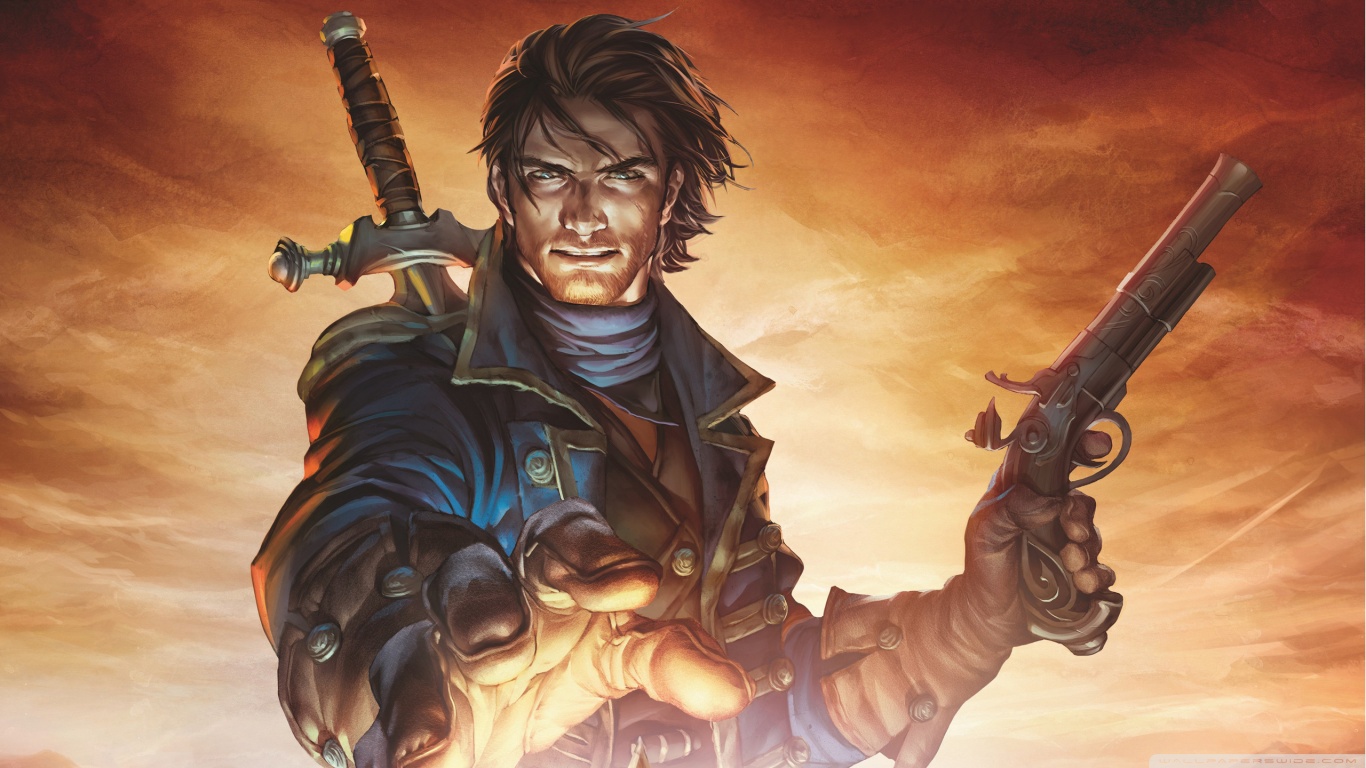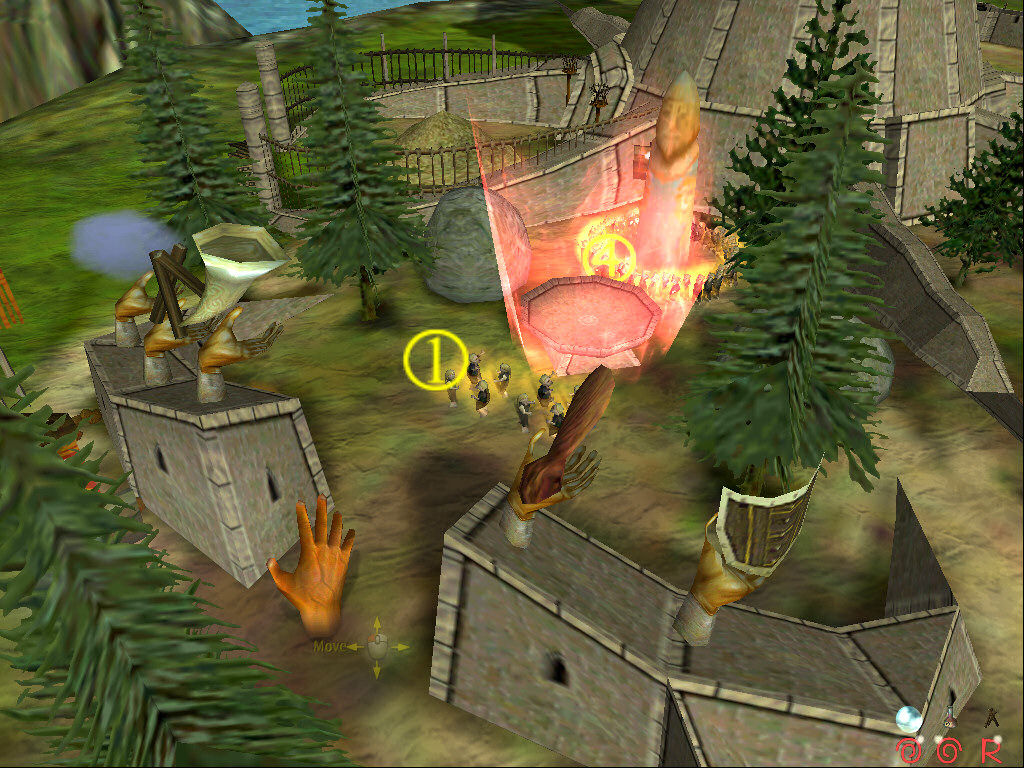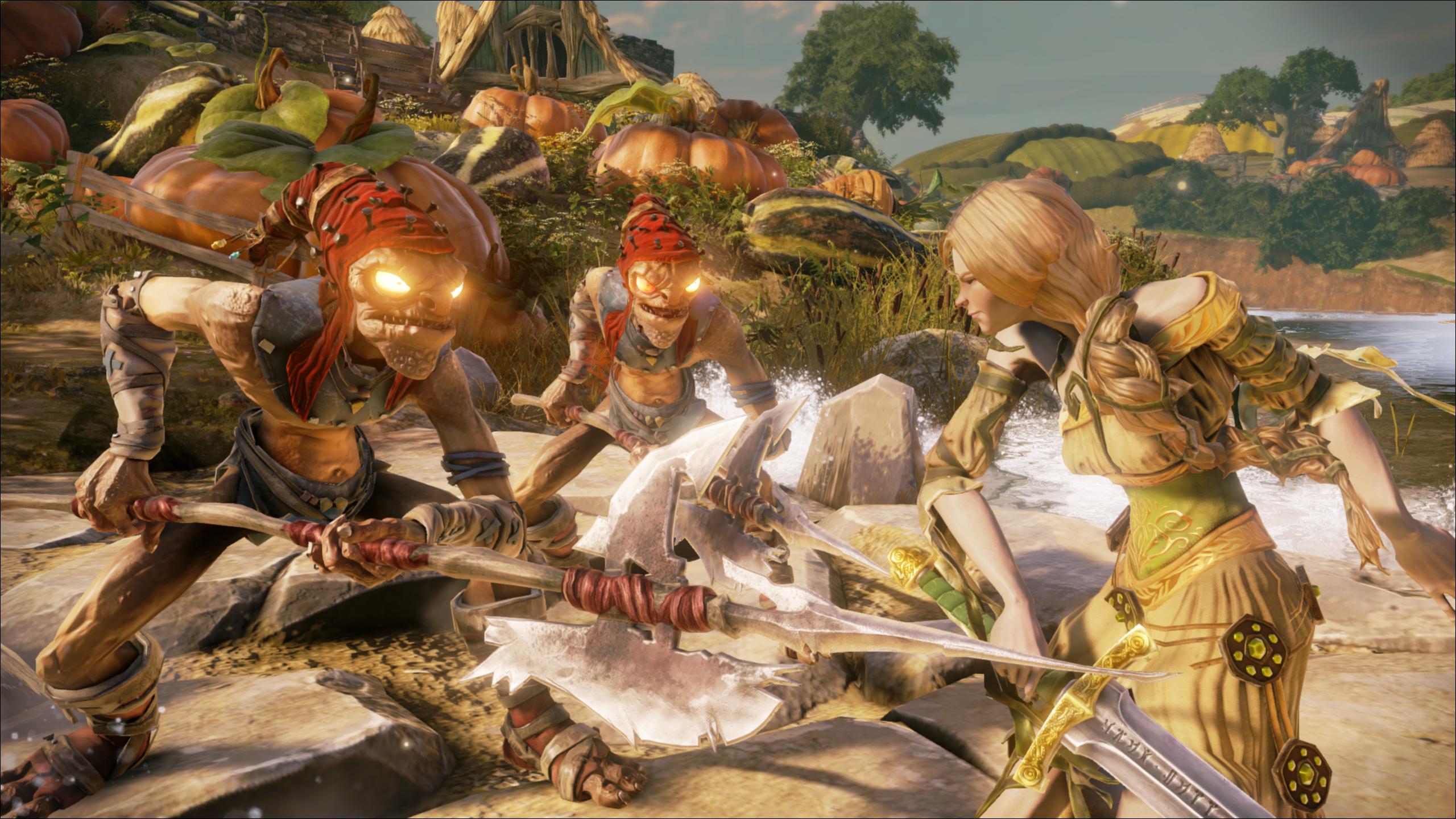The legacy of Lionhead

Every studio closure is a tragedy, but some are bigger shocks than others. To some extent, Microsoft closing Lionhead isn’t a surprise. Its last truly great game, Fable 2, was almost a decade ago, with the writing on the wall for its next game Fable Legends since the painful flop of Turtle Rock’s Evolve and Bioware canning its planned Shadow Realms. At the same time though, if one of our most historically creative, ambitious companies can’t even sit comfortably and make stuff under Microsoft’s multi-billion dollar wings, what hope does anyone else have?
You can of course argue that the Lionhead of today is a far cry from the Lionhead of a decade or so, for better or worse, lacking the big names like Peter Molyneux. Its leadership team pretty much goes back to 2004, with a page called “Meet The Lionhead Gurus” awkwardly leading to a blank page. But still, the company name meant something, especially in the UK—a continuation of the Bullfrog legacy to at least some extent, and at least the will to take crazy risks. As is too often the case though, this quickly led the company into serious trouble, with Black and White 2 finding a distinctly cold reception after the first one, and Fable (developed by Big Blue Box) massively over-running. Fable though would be enough of a hit to keep the company ticking after being acquired by Microsoft in 2006, with Molyneux getting to ply his finest Barnum acts on behalf of the Kinect, and the main company churning out new sequels and spin-offs.

Sometimes Lionhead’s ambition worked out, sometimes not. Ironically it was usually the less trumpeted features that proved the most interesting and innovative, and not just because Molyneux hype hadn’t blown them up to unattainable levels. The Movies for instance was a game convinced that what we wanted to do was run a movie studio, down to the level of picking up trash… and casually throwing in one of the best and most approachable machinima tools ever made. Black and White is mostly remembered these days for its failings rather than its successes, particularly the unfortunate later levels of the first one’s very short campaign.
Still, there’s no arguing that at the time it felt awesome to cast spells with mouse gestures and rule over a living world full of incidental details. This was the game that read your address book and figured out your name so that it could whisper it as your people died, and as simple as its Creatures can seem now, playing with them was a magical experience back in 2001. It also pioneered many clever details like shifting your kingdom based on your playstyle, and having villagers grow useless if overly mollycoddled by your divine assistance. Whatever its issues as a game, it was a hell of an experience while it lasted… even if that wasn’t too long.

Anything was possible
Fable in particular deserves to be fondly remembered. The first one could never have lived up to its Molyneux pitch, which went to the level of planting seeds that would grow into trees over the course of the game, but never mind that. It still pulled off a hell of a lot with its open world - good and evil options, crazy character customisation, and again, clever little details like the Boast system where you could stand up in front of a crowd and declare that not only would you save them from whatever currently ailed them, you’d do it in nothing but your underpants!
Fable 2 then completely flipped the table by time-jumping to the industrial age, adding multiplayer, families, having children, and most importantly, a pet dog that followed you round the world. Fable 3… well, it didn’t work. At all. But even in not working, there was a certain honour in trying to raise the stakes by showing an RPG from two perspectives - the hero fighting ‘obvious’ evil, and the king with a wider perspective, willing to become the villain if it meant saving the day overall. It was just unfortunate that by the time the perspectives switched, pretty much every player was rich enough to pay for Albion’s salvation some three times over and literally fart away the days until the not-so-ultimate evil arrived on her picturesque shores.
That said, the defining Lionhead games are arguably the ones we never really saw—Kinect showpiece Milo and Kate for instance, which wanted to bring ‘emotional intelligence’ to the Kinect and was intended to be able to match keywords, gestures and other interactions with appropriate responses. How well it actually worked is dubious, going from a public project to internal ‘tech demo’ with no plans for release. Certainly, Lionhead’s attempt at a literal Kinect tech demo, Fable: The Journey, disappeared without trace at launch, along with the Kinect’s hopes, and everything linked to them. Except the infamous songs from Star Wars: Kinect.
The biggest gaming news, reviews and hardware deals
Keep up to date with the most important stories and the best deals, as picked by the PC Gamer team.

And that, really, does say something for why we probably shouldn’t be too surprised that Microsoft pulled the plug. On its scale, it’s one thing to drop $2 billion for Minecraft or to proudly present something like Hololens as the future, but a company of Lionhead’s scale just wasn’t going to fit into the current hit-obsessed world if all it had to show, for whatever reason, was a relatively small online game at a time dominated by MOBAs and all-consuming experiences like Bungie’s Destiny. The writing was likely on the wall for a while before the word came down.
Either way though, it’s a huge shame—the end of the Bullfrog spirit, which certainly hasn’t travelled with Molyneux to 22cans, the end of the road for one of the UK’s most established companies, and to at least some extent, another black mark against Microsoft in the gaming space, especially with Sony having such great success. Lionhead could have been so much more than simply the house of Fable; a skunkworks for Microsoft to show it had its finger on the pulse of gaming, a place to keep creating ideas as ambitious as those it first set out to do, even a first party house that could have helped Microsoft keep itself a welcome presence on the PC instead of the cold, wet-fish slaps of stuff like Games For Windows Live.
Instead, we bid it and its potential farewell, without even the chance for Fable Legends to land and give the company a chance to go out on a high. Not the fate the company deserved, and a sad day for the UK development scene, for what could have been as much as what was.

